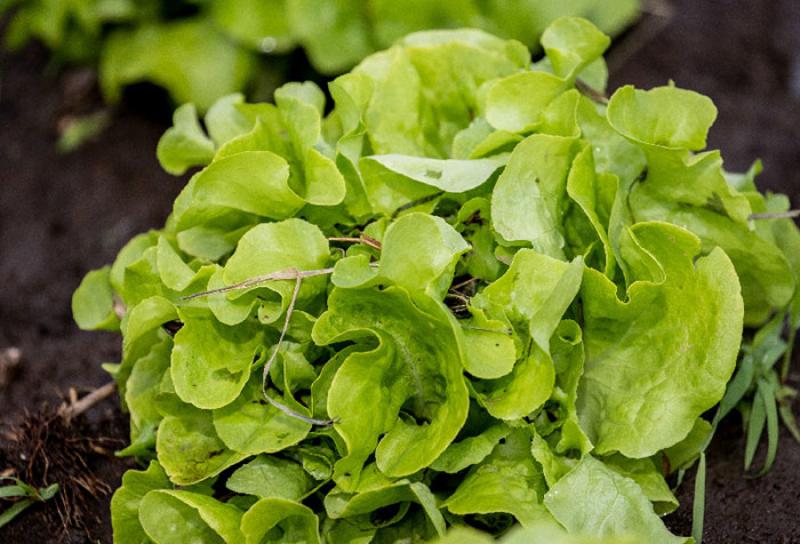
Khan's R01 grant aimed at measuring lutein effect on cognitive function
Whether you’re a parent or Popeye, you’ve been extolling the virtues of spinach for decades. Now, one of AHS’ researchers is prepared to study the effects of the leafy green vegetable.
KCH Associate Professor Naiman Khan has received an R01 grant from the NIH's National Institute of Child Health and Human Development for his project titled "Enhancing Children's Cognitive Function and Achievement through Carotenoid Consumption." The five-year project has a budget of approximately $3 million.
The overall aim for Dr. Khan and his collaborators—KCH Associate Professor Sean Mullen and Professor Neal Cohen, director of the Interdisciplinary Health Sciences Initiative—is to conduct a randomized-controlled clinical trial to test the effects of daily lutein supplementation over nine months on children’s cognitive function and academic achievement.
Lutein is in most fruits and vegetables, but green and yellow foods have the highest amounts. Loaded with iron, vitamin K, and magnesium, spinach is an all-in-one source of many essential vitamins and minerals. It is also high in antioxidants such as lutein, with eight milligrams in one cup. The same serving of cooked spinach has up to 16 milligrams. Kale, corn, bell peppers and parsley are also excellent sources of lutein.
Khan’s research has linked macular pigment optical density (MPOD)—a noninvasive measure of retinal and brain lutein—to greater childhood cognitive function. However, the cognitive implications of lutein and zeaxanthin intake in children have not been directly investigated.
The goal, Khan said, is to provide important knowledge on potential dietary recommendations for supporting achievement and cognitive function in childhood. In other words, can eating spinach help a child excel in school?
Khan’s collaborators also include Charles Hillman at Northeastern University and Lisa Renzi-Hammond at the University of Georgia, with data collection taking place at the Illinois.
